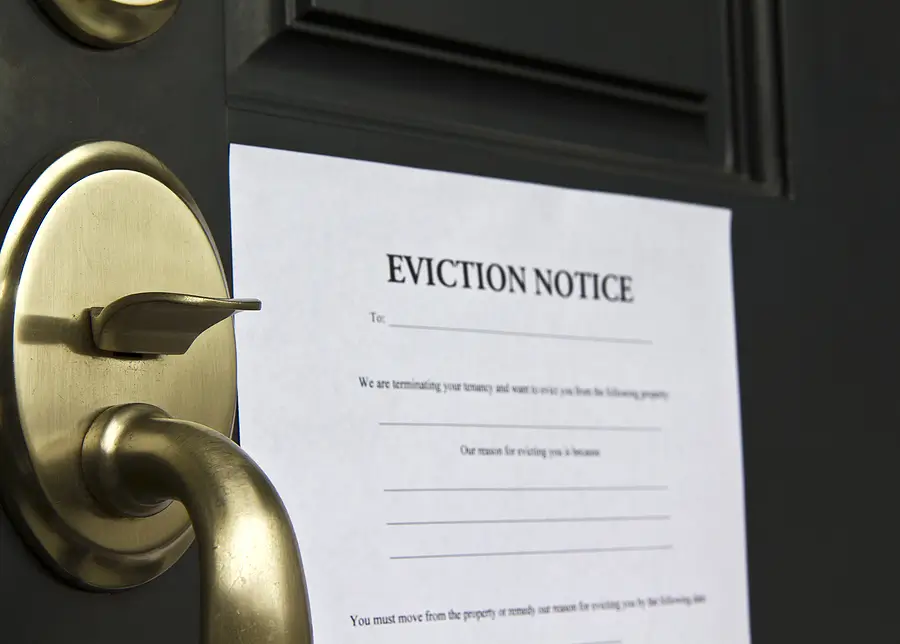As a property owner and real estate investor, maintaining your rental properties is key to keeping your investments secure. One of the biggest challenges landlords face is navigating the eviction process.
Whether you’re dealing with tenants unable to pay rent, disputes over lease agreements, or legal issues in housing court, it’s essential to understand eviction protection strategies that safeguard both your properties and your tenants.
The Importance of Housing Stability
Eviction is often a last resort, but it can impact more than just the tenant. As landlords, you must prioritize housing stability to protect your investments and ensure a smooth rental process. By focusing on eviction prevention, you can avoid long, costly legal battles and keep your properties profitable. Offering resources like rental assistance funds or working with local governments and public housing authorities can make a difference in keeping tenants in their homes.
For tenants facing financial challenges—like paying rent or dealing with rental arrears—programs such as emergency rental assistance or rental housing support can bridge the gap. These initiatives not only help low-income households but also provide landlords with the funds they’re owed.
Partnerships with community-based organizations or public housing agencies can create win-win situations where both tenants and property owners benefit.
Understanding the Eviction Court Process
Eviction filings can be intimidating for both landlords and tenants. When a tenant receives an eviction notice, it sets a legal process in motion. From the filing fee to the court date, each step requires preparation and proper documentation. Navigating the housing court process can be overwhelming, especially for landlords new to the system.
In some cases, tenants may seek free legal representation through organizations like the Legal Aid Society or housing court answers programs. While this can feel like an obstacle for property owners, it’s an opportunity to explore solutions like mediation services or payment plans. By working together, you can often resolve issues without escalating to eviction court.
Additionally, it’s crucial to follow local ordinances and eviction laws, ensuring your actions are lawful. Inform tenants of their rights and obligations, and keep detailed records of all communications and payments. This transparency not only protects you during eviction proceedings but also fosters trust and cooperation.
Prevention is Key
Preventing evictions is always better than dealing with the fallout of eviction filings or an eviction lawsuit. Strategies like offering financial counseling, providing rental assistance, or negotiating payment plans for back rent can help tenants avoid possible eviction. These measures reduce turnover, save money, and maintain the value of your rental properties.
For tenants at risk of eviction due to domestic violence, immigration status, or job loss, additional resources like government agencies or emergency assistance programs can provide support. As landlords, being aware of these community resources shows that you care about your tenants’ well-being, building goodwill and ensuring housing stability.
Take Action to Protect Your Properties
We’re here to help you navigate the complexities of managing rental properties and preventing evictions. At Coastal Realty Services, we offer expert property management solutions to safeguard your investments and provide guidance on tenant protections and eviction laws.
Visit our services page to learn more about how we can support you. Whether you need advice on handling eviction cases, rental assistance programs, or legal referrals, we’ve got you covered. Don’t wait—take the next step today to protect your rental properties and ensure long-term success.



